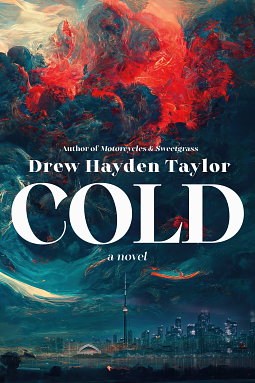 |
| The Poetry Remedy / William Sieghart NY: Viking, c2019. 224 p. |
Another choice for poetry month reading! I was intrigued when I saw this book, as it's a form of bibliotherapy, which I have always found engaging. So I had to pick up this collection and check out what the author was prescribing, and for what conditions of life.
Overall, I liked this a lot. I feel like this is a great concept, and a good introduction to poetry for those who might not often consider it as an option.
Caveats were that the descriptions of a condition were sometimes longer than the poetry itself, and that poetry was sometimes just an excerpt. I'd like to have had a few poems for each suggestion, rather than just one, and would have liked a wider variety of author. The poems are lovely and mostly accessible, but they are traditional and by standard canon authors for the most part. I wasn't convinced by the connection in a couple of cases, but for the majority of the book I did find it helpful and some of them really worked for me.
Poetry really works for this purpose; Sieghart ties them to life conditions like anxiety (read The Peace of Wild Things by Wendell Berry), existential crisis (Primary Wonder by Denise Levertov), regret (The Ideal by James Fenton), insecurity (Phenomenal Woman by Maya Angelou) and much, much more.
What I came away from through reading this book was the sense that poetry makes great bibliotherapy. And it would be a fantastic idea to create your own index of poems that speak to the way you're feeling, as you come across poems that touch you. Then you could flip through your personalized collection anytime, according to your own categories of life experiences and helpful words.
This book inspires thoughts like this, and introduces you to many new poems. Check out your library this month to see if you can explore more of it too!





